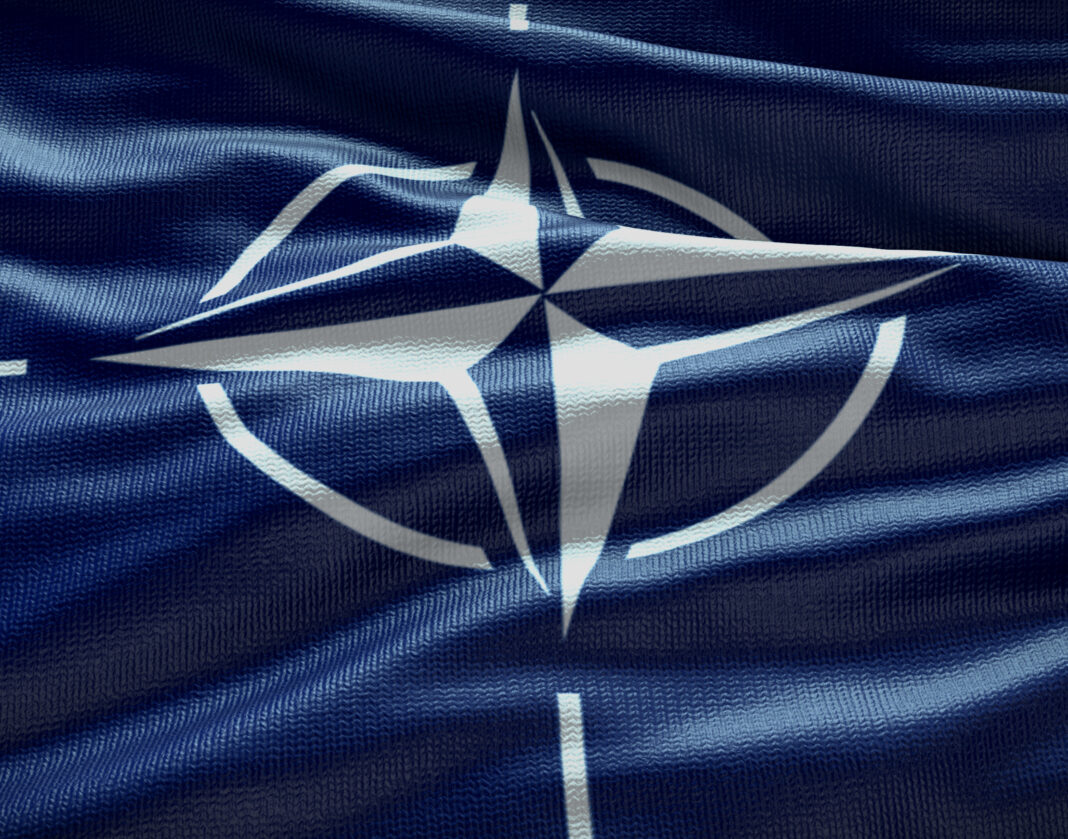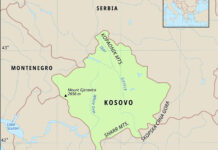This report presents the results of research conducted by the Atlantic Initiative, in partnership with the Prizma Public Opinion Research Agency, to understand public sentiment in Bosnia and Herzegovina (BiH) on the topics of NATO and foreign influence. Using both qualitative and quantitative methods, researchers sought to gain insight into the views of respondents on NATO generally, on the prospect of Bosnian membership in the Alliance, and the degree to which different states exert influence in BiH. Data gathered through a combination of Computer-Assisted Telephone Interviewing (CATI), focus groups, and individual interviews provides both quantitative analysis and qualitative depth.
One key finding is that there is considerable support for NATO accession, which was favoured by 69.1% of respondents in our survey. This was most pronounced in the Federation of BiH (FBiH), where an overwhelming 90.1% of respondents expressed support for integration; though, a majority (56.0%) of respondents in the Brčko District (BD) and one-third (32.6%) of respondents in the Republika Srpska (RS) also took this position. These figures reflect the nuance of public opinion in BiH, which is shaped by a complex mixture of domestic sociopolitical dynamics and external geopolitical factors. Thus, this research touched on that broader geopolitical context as well, exploring the role of Russia in facilitating the secessionist activities of political elites in the RS and ascertaining how the ongoing conflict in Ukraine has impacted political discourse in BiH.
By illuminating the perspectives of Bosnian citizens, this report is intended to inform Euro-Atlantic integration strategies, as well as measures to mitigate the impact of harmful foreign influences. It showcases the diversity of opinions within BiH and discusses the mix of internal and external pressures that shape public sentiment, and as such, can help guide a targeted approach to more localized efforts. It is clear from the research that many Bosnians lack information about Euro-Atlantic integration but are open to learning more, and further that many view the issue through a pragmatic lens, first and foremost.
You can read the policy paper at this link.








